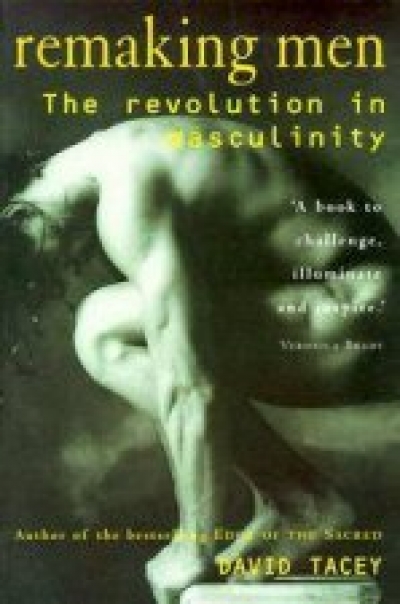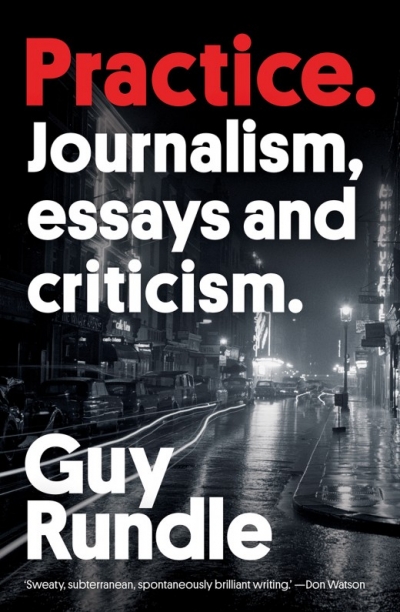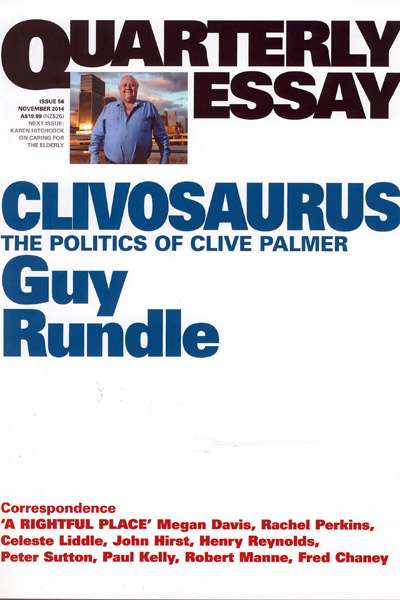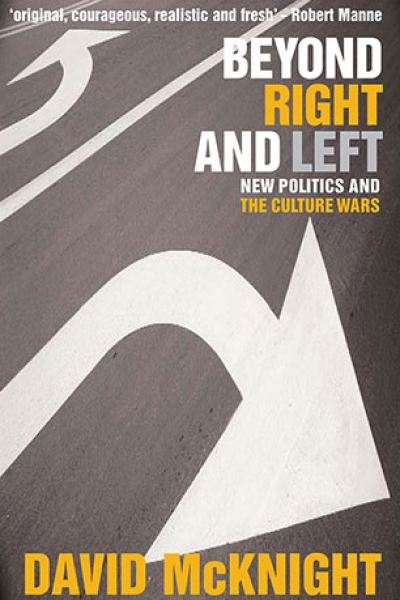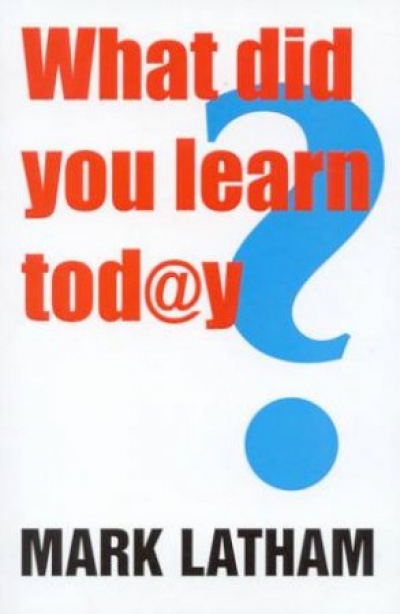Guy Rundle
Remaking Men: The revolution in masculinity by David Tacey
by Guy Rundle •
Clivosaurus: The politics of Clive Palmer (Quarterly Essay 56) by Guy Rundle
by Shane Carmody •
Beyond Right and Left: New politics and the culture wars by David McKnight
by Guy Rundle •
Looking for Leadership: Australia in the Howard Years by Donald Horne
by Guy Rundle •

